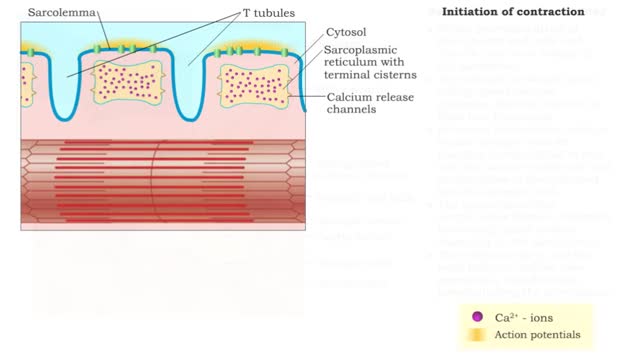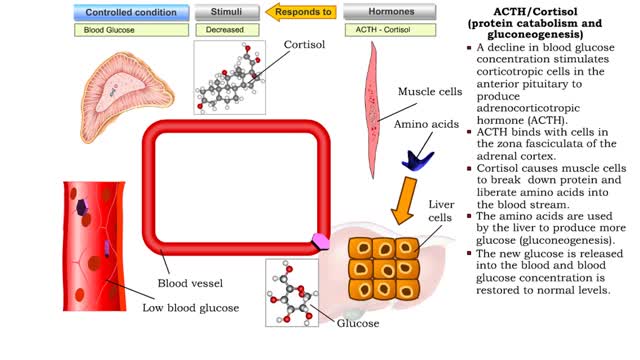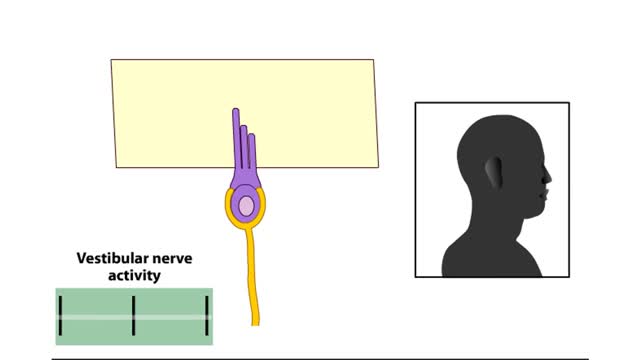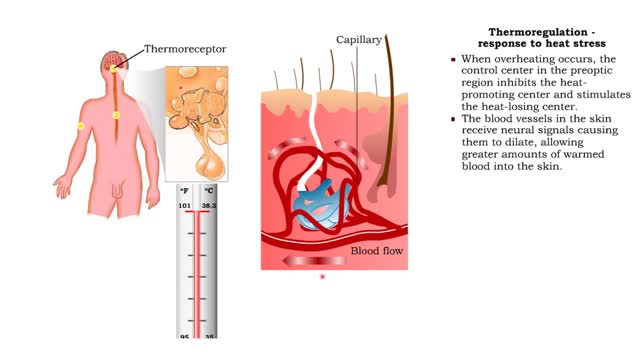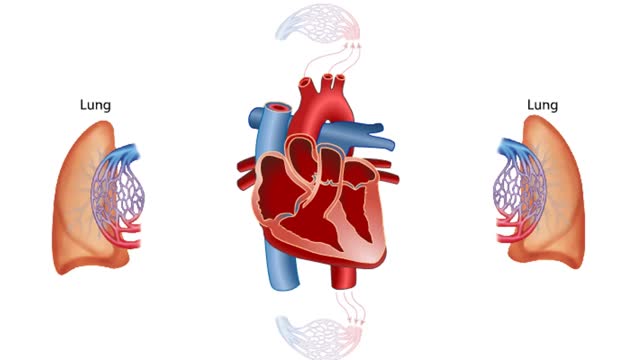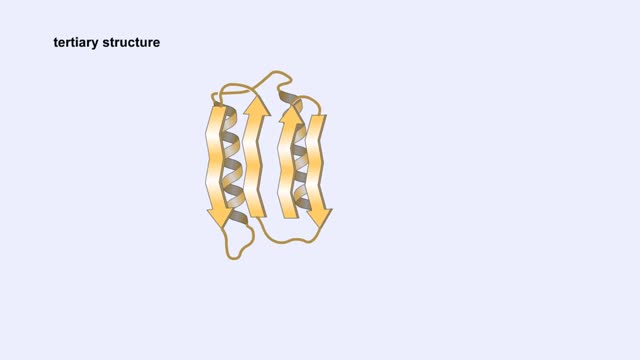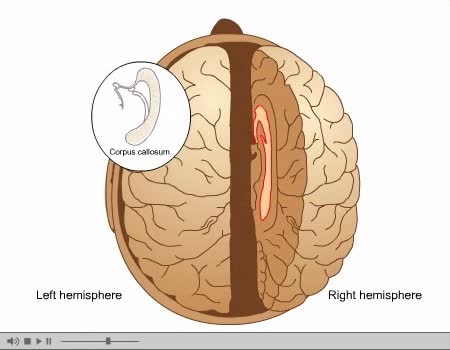Search Results
Results for: 'hypersensitive response'
Nervous pathway to the Neuromuscular (NMJ)
By: HWC, Views: 11041
• A nervous impulse, also called an action potential, starts from the brain or spinal cord to signal skeletal muscle cell contraction. Action potentials continue along a motor neuron to the muscle cell. • The signal to contract must cross a synapse - the neuromuscular junction (NMJ) - betwe...
ACTH/Cortisol (glycogenolysis, protein catabolism, lipolysis and gluconeogenesis)
By: HWC, Views: 10401
• A decline in blood glucose concentration stimulates corticotropic cells in the anterior pituitary to produce adrenocorticotropic hormone (ACTH). • ACTH binds with cells in the zona fasciculata of the adrenal cortex. • Increased ACTH promotes the production of cortisol, the major gluco...
By: HWC, Views: 9561
The vestibular system has important sensory and motor functions, contributing to the perception of self-motion, head position, and spatial orientation relative to gravity. The function of the vestibular system can be simplified by remembering some basic terminology of classical mechanics. All ...
Metabolic Rate, Heat and Thermoregulation - response to heat and cold stresses
By: HWC, Views: 10735
• A neuron group in the anterior portion of the hypothalamus controls heat balance. • Neurons in the preoptic region of the hypothalamus integrate signals that come from thermoreceptors. • The temperature control center in the preoptic region propagates control signals to two other part...
Blood Flow through the Human Heart
By: HWC, Views: 10377
The heart is the pump of the human circulatory system. The left side of the heart has two connected chambers, the left atrium and the left ventricle. The right side of the heart also has two connected chambers, the right atrium and the right ventricle. These two sides, or pumps, of the heart are ...
Protein Structure - Primary, Secondary, Tertiary and Quaternary
By: HWC, Views: 10465
A protein's first order structure, or primary structure, begins with the amino acid sequence of the polypeptide chain. The 20 different amino acids can be arranged in an infinite number of sequences. For example, the hormone insulin, which regulates the uptake of glucose from the blood into ce...
Brain Anatomy Animation (Part 1 of 2)
By: Administrator, Views: 13959
The human brain is the central organ of the human nervous system, and with the spinal cord makes up the central nervous system. The brain consists of the cerebrum, the brainstem and the cerebellum. It controls most of the activities of the body, processing, integrating, and coordinating the infor...
Advertisement



